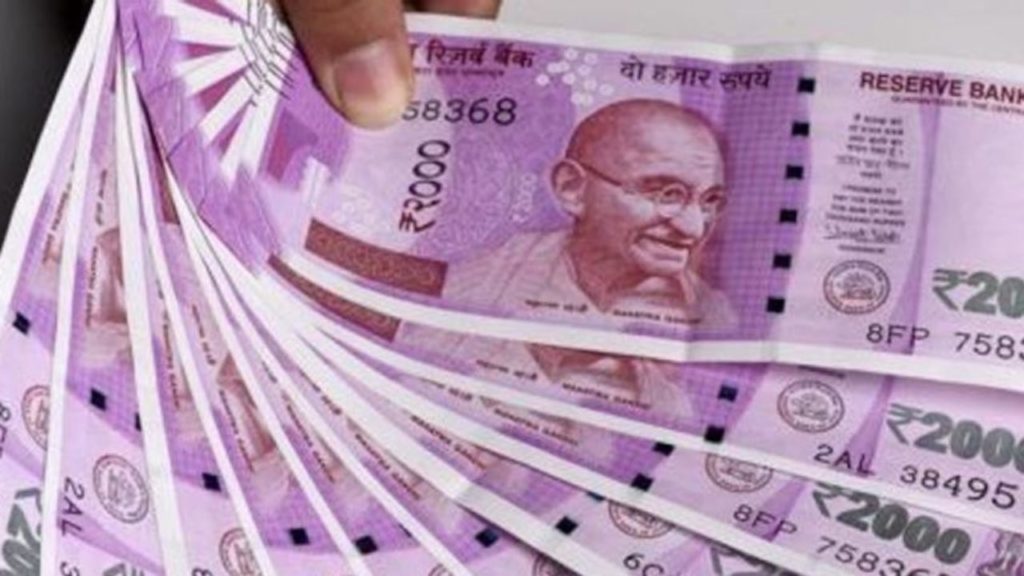Pay 83% Income Tax On ‘Unexplained’ Cash In Bank A/c; Jewellery; How To Avoid Penalty?

We have covered a plethora of articles on the incessant need of paying your taxes on time and the consequences that lead to tax evasion.
Today, we bring in another such tax related story, which will stress on the importance of recording your tax history with proper sources in your books.
Tax Recordings in Your Books
We would like to let you know that as per Section 69A of Income Tax Act,
- if you are found to have possessed any valuable article, like money, gold, or jewellery, which you haven’t mentioned in your tax books for the previous year, or
- You fail to provide any satisfactory explanation about the nature and source of the entry of such an article(s) to the Income Tax Assessing Officer,
Then, the valuable item(s) shall cease to be considered as your (taxpayer) income for that year.
What is Unexplained Cash Credit?
We will be using the term ‘unexplained cash credit’ more often in this article, so you might as well come to terms with it.
Under Section 68 of the Income Tax Act, if a taxpayer does not offer any explanation about the nature and source of any magnitude of cash credited in his/her tax book, or is unable to satisfy the IT authorities of the said credit, such entries are referred to as ‘unexplained cash credit’.
Such an Item(s) to Attract 6% Penalty
Speaking in lines with such a valuable possession, according to Income Tax rules, such an article(s)/unexplained money will call for a higher income tax rate.
Let us elaborate on this.
In case you have an unexplained cash credit, you will have to pay the income tax at the rate of 83.25%.
This includes:
- 60% tax: Flat rate, without providing any benefit of basic exemption limit, irrespective of the tax slab,
- 25% tax: treated as surcharge, and
- 6% penalty.
It is to be noted here that if such unexplained cash credit is already included in the IT return, and is paid off by the end of the given financial year, you will not be charged with the 6% penalty.
In fact, the unexplained cash can be treated as income in the said financial year.

Comments are closed, but trackbacks and pingbacks are open.